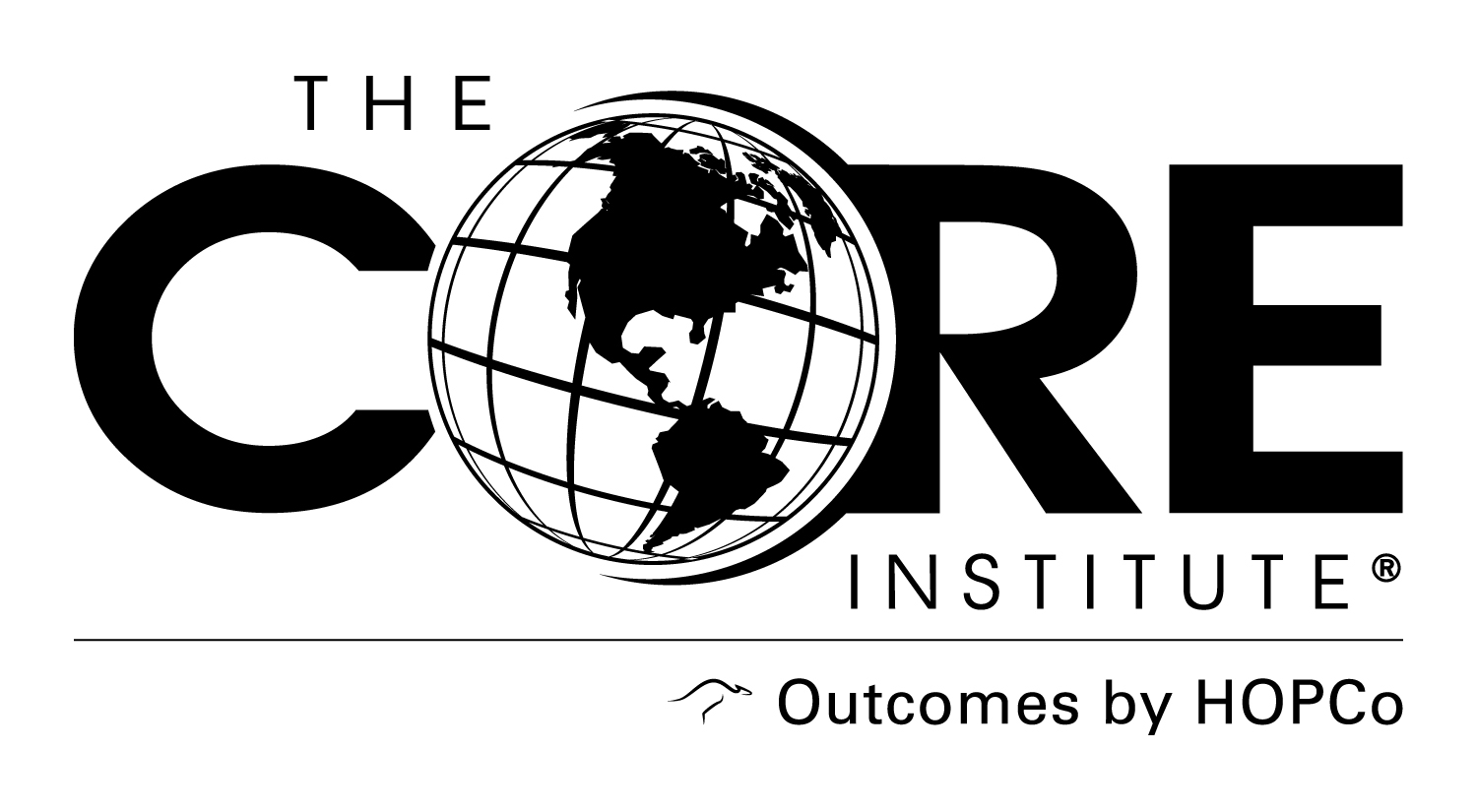Conditions We Treat
Depend on our experts to evaluate and treat new or chronic (long-term) common elbow conditions, such as:
-
- Olecranon Bursitis – Redness, inflammation and swelling at the posterior tip of the elbow.
- Cubital Tunnel Syndrome – Cubital tunnel syndrome arises when pressure on the ulnar nerve as it passes through the cubital tunnel on the inside of the elbow. This can lead to tingling and numbness and sometimes pain in the hand.
- Fracture or Ligamentous Injury – Fractures or ligament tears can occur with injuries such as after a fall or contact sports that put a lot of stress on the elbow joint.
- Loose Body in the Elbow – A loose body in the elbow be the result of a small piece of bone or cartilage that finds itself stuck in the elbow leading to pain and stiffness.
- Lateral Epicondylitis – Lateral epicondylitis, also known as tennis elbow, is inflammation and tendonitis of the muscles and tendons on the outside aspect of the elbow which can lead to pain and fatigue in the upper part of the forearm.
- Medial Epicondylitis – On the inside aspect of the elbow, inflammation and tendonitis can be a painful condition which can affect grip strength and other movements. This is also commonly known as golfer’s elbow.
- Elbow Arthritis – When the elbow joint begins to wear out, pain and stiffness often occur making once routine activities challenging.
- Biceps Tendon Tear – The biceps tendon attaches to the forearm just below the elbow. A tear of this tendon is usually felt as a painful pop after attempting to lift something heavy.
Common Symptoms
In many instances, elbow pain is caused by relative overuse from a hobby, sport, or even a job that requires repetitive movements of the hand and arm. Common symptoms associated with elbow pain include:
-
- Grating or popping feeling
- Locking of the joint
- Loss of range of motion
- Numbness
- Pain or discomfort
- Swelling or stiffness
Occasionally, elbow pain may also be the result of a progressive medical condition such as osteoarthritis or rheumatoid arthritis. Getting care quickly can help prevent further harm that may impact your daily activities or hobbies.
Schedule an Appointment
Non-Surgical Treatment Options
The specialists at The CORE Institute will recommend the appropriate non-surgical options that have been proven to be effective in treating elbow pain. These often include:
- Activity changes, such as an exercise plan and stretching
- Over-the-counter or prescription medications
- Targeted injections
- Physical therapy

Surgical Options
Elbow Surgery
If nonsurgical treatments are not effective, our fellowship trained specialists utilize the latest technology and techniques to treat elbow conditions surgically when needed.
Elbow Arthroscopy
Arthroscopy uses a tiny camera and other tiny tools to view, diagnose and treat several elbow conditions. During the procedure, your surgeon uses the camera to view your elbow joint from all angles and perform treatments that can help lessen pain and improve your range of motion. Your arthroscopy will most likely be an outpatient procedure, which means you’ll be able to go home afterward.
Minimally Invasive Treatments for Tendonitis
The experts at The CORE Institute utilize the latest technologies including minimally invasive techniques to treat elbow tendonitis. Some instances of elbow tendonitis can be successfully treated with ultrasound technology instead of traditional larger surgery and incisions.
Elbow Joint Replacement
When the elbow joint has deteriorated from arthritis, an elbow joint replacement (also known as elbow arthroplasty) may be an option. After recovery, the new elbow joint should help with comfort and mobility.
Through The CORE Institute’s comprehensive and fully integrated program, your surgeon and entire care team will help you prepare and progress through the most appropriate treatment course so that you may maximize your goals and reach the best possible outcome.
